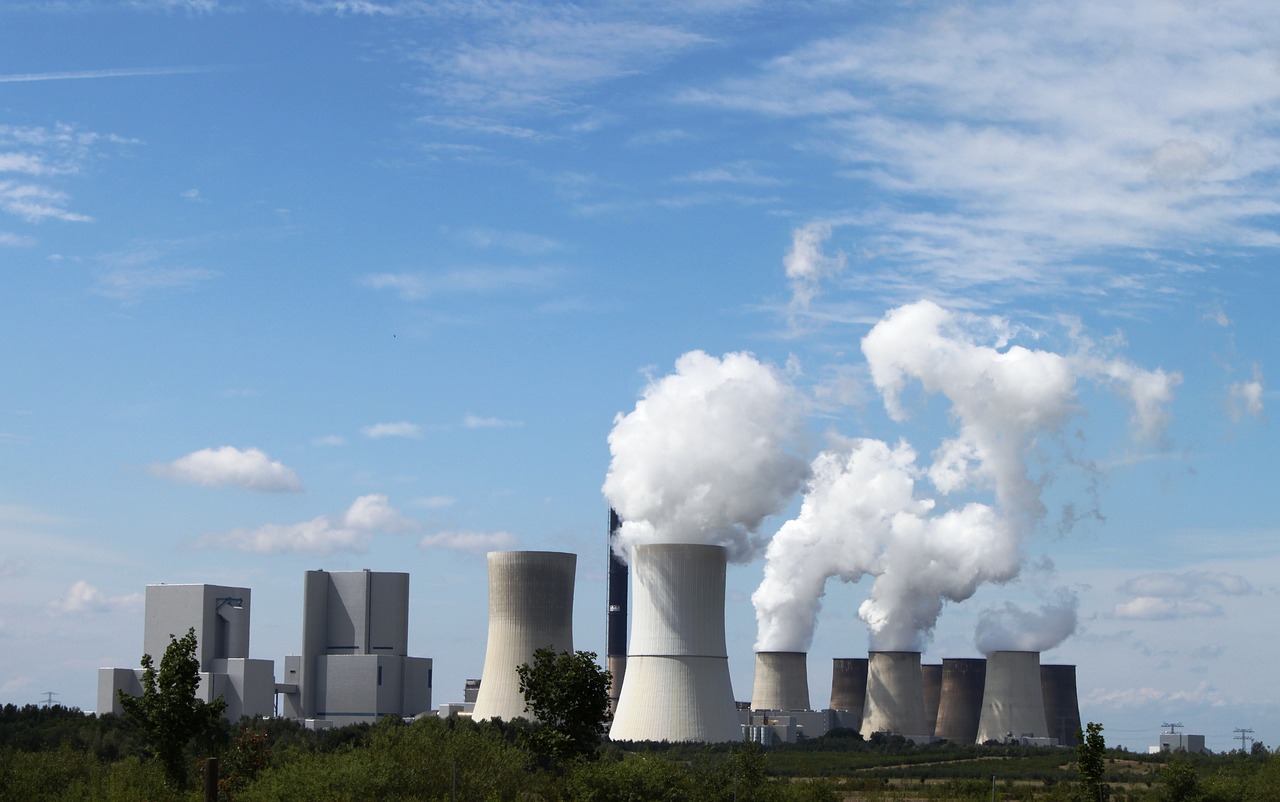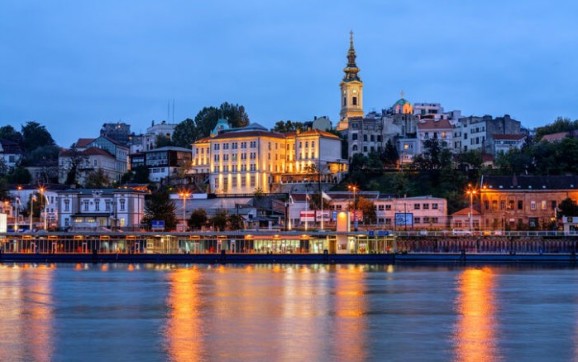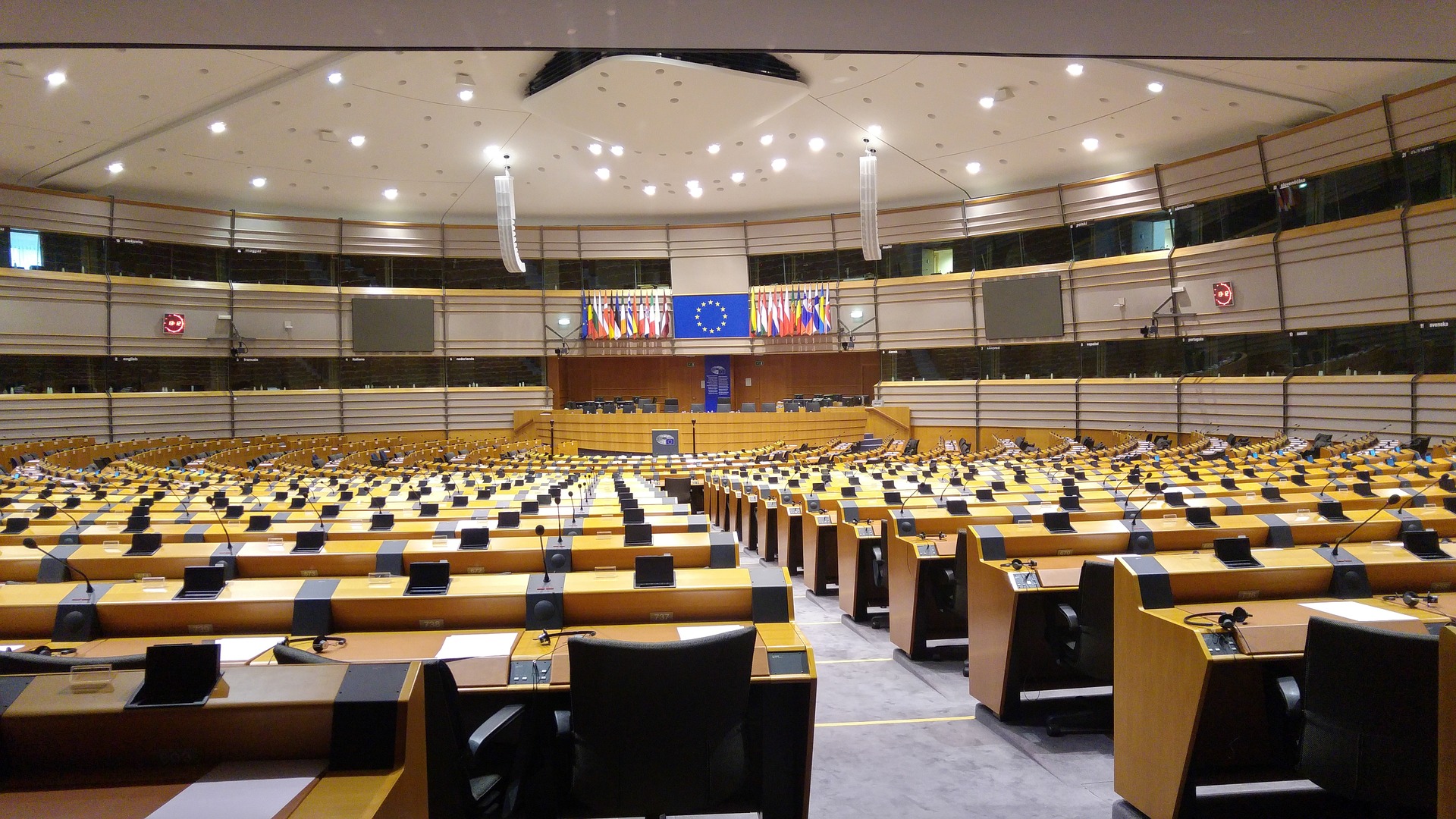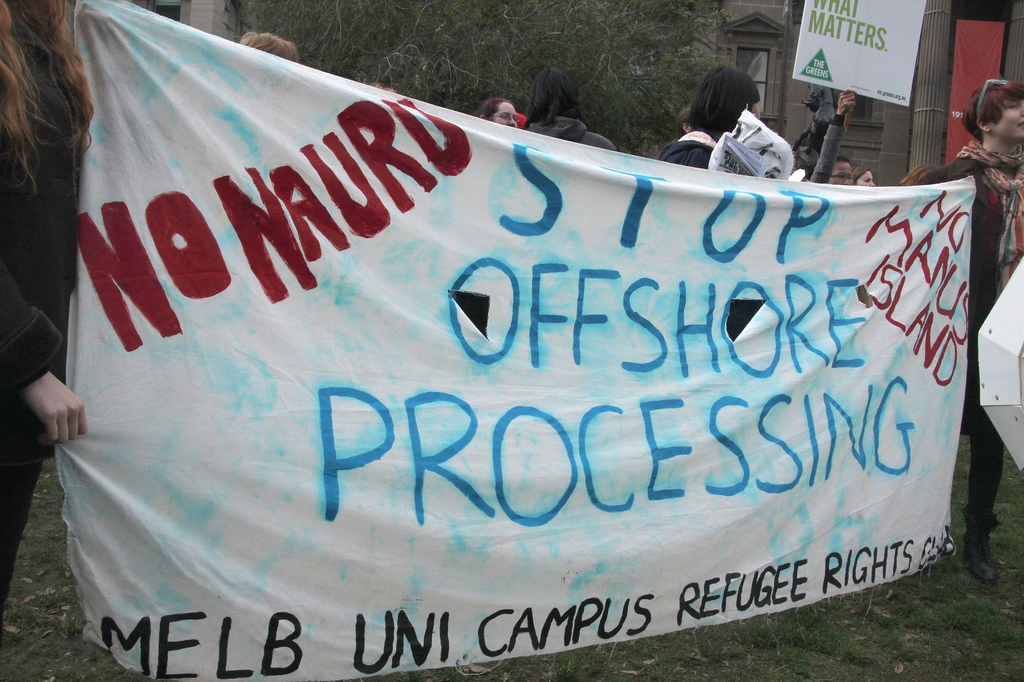POLITHEOR
European Policy Network
European Union
- Home
- European Union

Clean up or close down: the European Union’s response to polluting power industries0
- Environment and Energy, Op-ed
- 12/09/2017
The European Union has turned its focus towards Europe’s most polluting power plants and revised emission standards for nitrous oxide (NOx), sulphur dioxide (SO2), mercury and particulate matter. For many Europeans this is a welcomed change, but with member states flouting air quality standards and continuing to support failing industries rather than transition – will we ever be able to breathe easily?
READ MORE
The ‘Berlin Promise’ – Dashed expectations must not spell defeat in the Western Balkans0
- EU Governance and Politics, Op-ed
- 20/08/2017
The countries of the Western Balkans are facing numerous socioeconomic challenges, such as a dramatic deterioration in democratic governance, slow rates of growth and high unemployment. Despite the fact that full membership for the Western Balkans countries is unquestionably a long way off, EU approximation represents hope for reforms to prevent the region from fading into oblivion and insecurity. This approximation could best be secured in the framework of the Berlin Process.
READ MORE

Changing everything so that nothing changes? The future of UK seats in the EP0
- EU Governance and Politics, Op-ed
- 08/08/2017
As the 2019 elections get closer, the future allocation of 73 UK seats in the European Parliament remains an unsolved conundrum. The long-debated proposal of substituting them with a pan-European list of candidates from European Political parties is welcomed with enthusiasm by the Brussels establishment. However, little attention is often devoted to its indirect consequences if not well thought through: more power to bigger Member States, whose candidates would emerge as privileged, and institutional deadlock, as a unanimity of Member States is required to agree according to the rules on Treaty Change.
READ MORE
The EU-China climate alliance: new plans and old troubles1
- Environment and Energy, Op-ed
- 25/06/2017
The success of common EU and China climate ambitions will, to a large degree, depend on overcoming persistent disagreement in the fields of trade and investment.
READ MORE
Offshoring EU Asylum: Where to draw the line in the fight against irregular migration?0
- Human Rights and Migration, Op-ed
- 10/04/2017
Calls from high-profile European politicians to adopt a policy resembling Australia’s controversial ‘offshore’ asylum model have rightly been rejected as legally inadmissible, logistically unfeasible, and morally unacceptable. The fact that such a discussion is taking place, however, highlights the ongoing failure of Dublin reform discussions and the overall lack of a credible EU strategy for managing arrivals and saving lives in the central Mediterranean. It is also symptomatic of the growing influence of the right in Europe’s migration debate.
READ MORE






